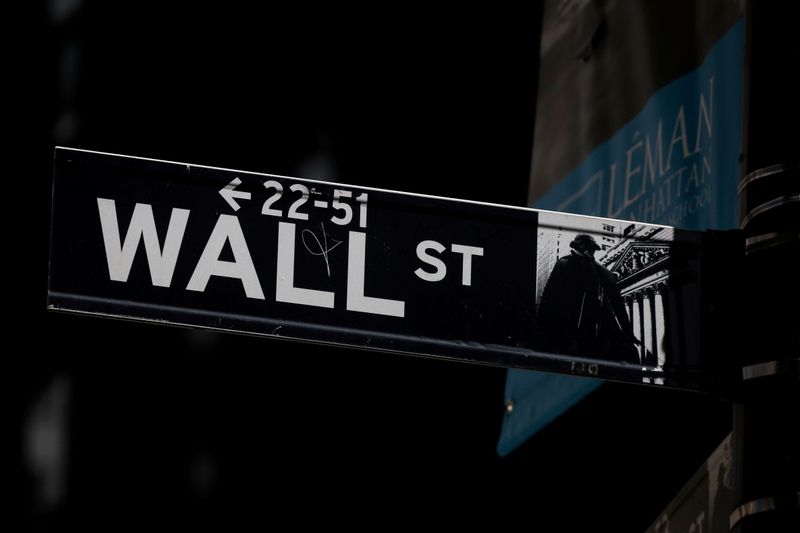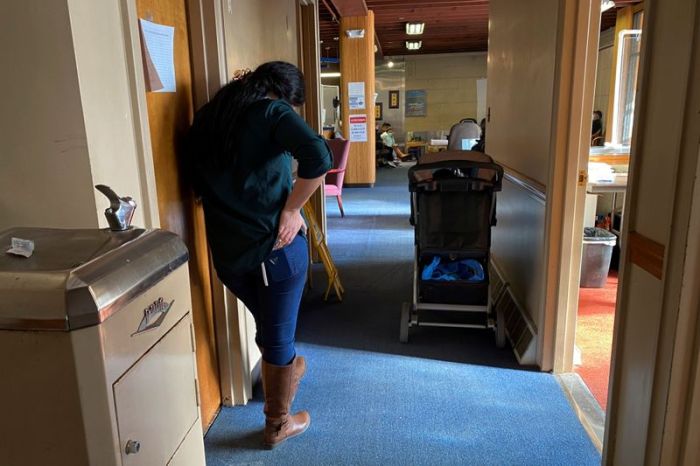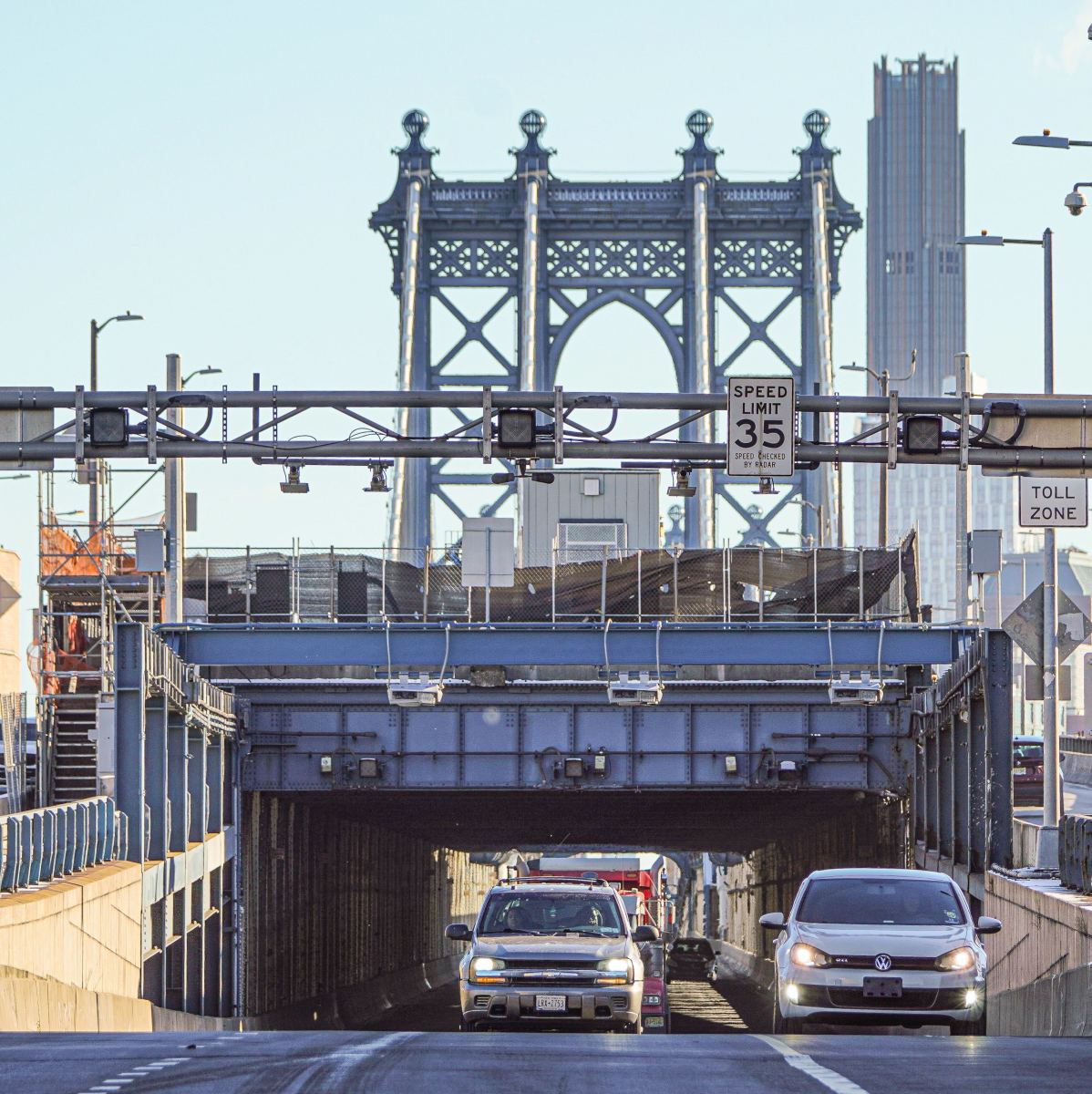NEW YORK (Reuters) – The S&P 500 ended just slightly in the red on Monday, with bank shares falling amid warnings of potential losses from a hedge fund’s default on margin calls, while optimism over the economy limited the day’s declines.
The Dow ended higher, with shares of planemaker Boeing Co rising 2.3% after the company reached a deal with U.S. budget carrier Southwest Airlines Co for a variant of the 737 MAX aircraft.
Nomura and Credit Suisse are facing billions of dollars in losses after a U.S. hedge fund, named by sources as Archegos Capital, defaulted on margin calls, putting investors on edge about who else might have been caught out.
Shares of big U.S. banks and even regional banks fell on the news. The KBW Nasdaq Bank stock index ended 2.3% lower after falling nearly 3.5% during the session.
“There’s still chatter as to whether or not, and which, American banks may be affected. That is a question that’s lurking. But so far the market has taken (the news) in stride essentially,” said Quincy Krosby, chief market strategist at Prudential Financial in Newark, New Jersey.
Indexes ended off their lowest levels of the day. Optimism about speedy vaccinations and record stimulus, which drove the Dow and the S&P 500 to record closing highs last week, helped keep a floor in the market along with upbeat estimates for upcoming earnings, she said.
The Dow Jones Industrial Average rose 98.49 points, or 0.3%, to 33,171.37, the S&P 500 lost 3.45 points, or 0.09%, to 3,971.09 and the Nasdaq Composite dropped 79.08 points, or 0.6%, to 13,059.65.
Discovery Inc, ViacomCBS, U.S.-listed shares of Baidu and VIPShop, all linked to Archegos, fell, extending recent losses.
The Nasdaq was on track to post its first monthly decline in five months.
Investors may also be adjusting their holdings for quarter-end “window dressing,” Krosby said.
Volume on U.S. exchanges was 11.02 billion shares, compared with the 13.6 billion average for the full session over the last 20 trading days.
Declining issues outnumbered advancing ones on the NYSE by a 1.93-to-1 ratio; on Nasdaq, a 3.12-to-1 ratio favored decliners.
The S&P 500 posted 71 new 52-week highs and no new lows; the Nasdaq Composite recorded 88 new highs and 54 new lows.
(Reporting by Caroline Valetkevitch in New York; Additional reporting by Devik Jain and Medha Singh in Bengaluru; Editing by Maju Samuel and Matthew Lewis)
























